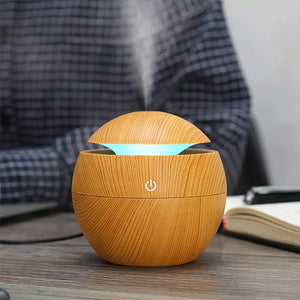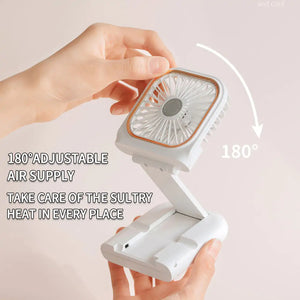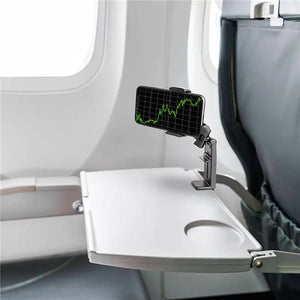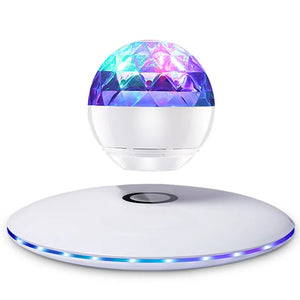
Most people know the effects of losing sleep: grogginess, slowed reaction time, and difficulty concentrating.
What’s less widely known is that you can sometimes prepare for sleep loss in advance.
By getting extra rest before a night or two of disruption, you can build a buffer against fatigue. This strategy, called sleep banking, has been studied in both military and civilian settings, showing real benefits for performance, alertness, and recovery.
The staff at Nifty Cool Stuff – our online lifestyle store – believes this technique could be useful for those times when you realize you might have activities ahead that might disrupt your usual circadian schedule.

What Is Sleep Banking?
Sleep banking is the practice of extending your sleep before a period when you know rest will be limited.
It’s a proactive approach, not a recovery tool. Instead of catching up after the fact, you prepare your body and brain ahead of time. For example, you might go to bed earlier and allow yourself to wake up later in the days before a demanding stretch of work, travel, or caregiving.

How It Differs from Napping
It’s easy to confuse sleep banking with napping, but the two work differently.
- Naps are reactive. They are usually taken after tiredness has already set in, providing a temporary lift. While helpful, naps can’t replace the restorative benefits of longer stretches of nighttime sleep.
- Sleep banking is proactive. It builds up reserves before exhaustion sets in, extending nighttime rest on both ends. By doing this, you increase time spent in the deeper stages of sleep that are essential for memory, healing, and hormonal balance.
Think of napping as a quick snack and sleep banking as stocking up before a storm. Both serve a purpose, but one prepares you for the challenge in advance.

Why Sleep Banking Works
Sleep is a period of repair and recovery for the body. During it, the brain consolidates memory, restores energy, and removes waste.
When rest is cut short, these processes are disrupted. But research suggests that banking sleep in advance creates a reserve of restorative benefits that can carry over into times of sleep loss.
Military studies in 2009 found that soldiers who spent extra hours in bed before sleep restriction performed better on tests of alertness and reaction time than those who slept a typical amount. They also bounced back faster once normal sleep resumed.

Follow-up research in athletes, shift workers, and patients preparing for surgery has shown similar results: people who bank sleep perform better under stress, recover more quickly, and feel less fatigued than those who do not.
Who Benefits Most
While anyone can try sleep banking, certain groups may gain the most.
- Shift workers. Nurses, doctors, factory workers, and emergency responders often face rotating or overnight schedules that cut into rest. Banking sleep before long shifts can help reduce fatigue and lower the risk of errors.

- Athletes. Endurance athletes who extended their sleep for several nights before competition performed better on time trials than those who stuck with normal sleep.
- Patients before surgery. People who slept more in the week before joint replacement surgery reported less pain and needed fewer strong pain medications afterward.
- Travelers. Those preparing for long flights or shifts in time zones may find banking sleep eases the transition.

Tips for Banking Sleep
Adding more sleep to an already busy schedule is not easy, but small steps can make a difference.
- Go to bed earlier and wake up later. Even 30 to 60 extra minutes per night adds up over several days.
- Use naps wisely. Although studies on sleep banking have not focused on naps, short daytime rests of 20 to 30 minutes can still provide an alertness boost.
- Plan ahead. Begin extending sleep two to three nights before a known period of sleep restriction.
- Keep perspective. Sleep banking is meant for short-term preparation. Long-term health still depends on maintaining at least seven hours of quality sleep most nights.

The Bottom Line
Sleep banking is not a substitute for a healthy, consistent sleep routine, but it can be a valuable short-term strategy when life demands interfere.
By extending rest before anticipated sleep loss, you create a cushion that improves performance, reduces fatigue, and speeds recovery.
While naps help fight off immediate tiredness, banking sleep equips you to face bigger challenges.

Viewed this way, it is less a quick fix than an investment in resilience. For anyone facing late nights, long shifts, or upcoming physical demands, we at Nifty Cool Stuff believe planning a few extra hours of rest in advance could be the edge that makes all the difference.
It’s one reason why we carry devices that could assist you in gaining restful sleep. Feel free to give us a click and discover what might work for you.


















































